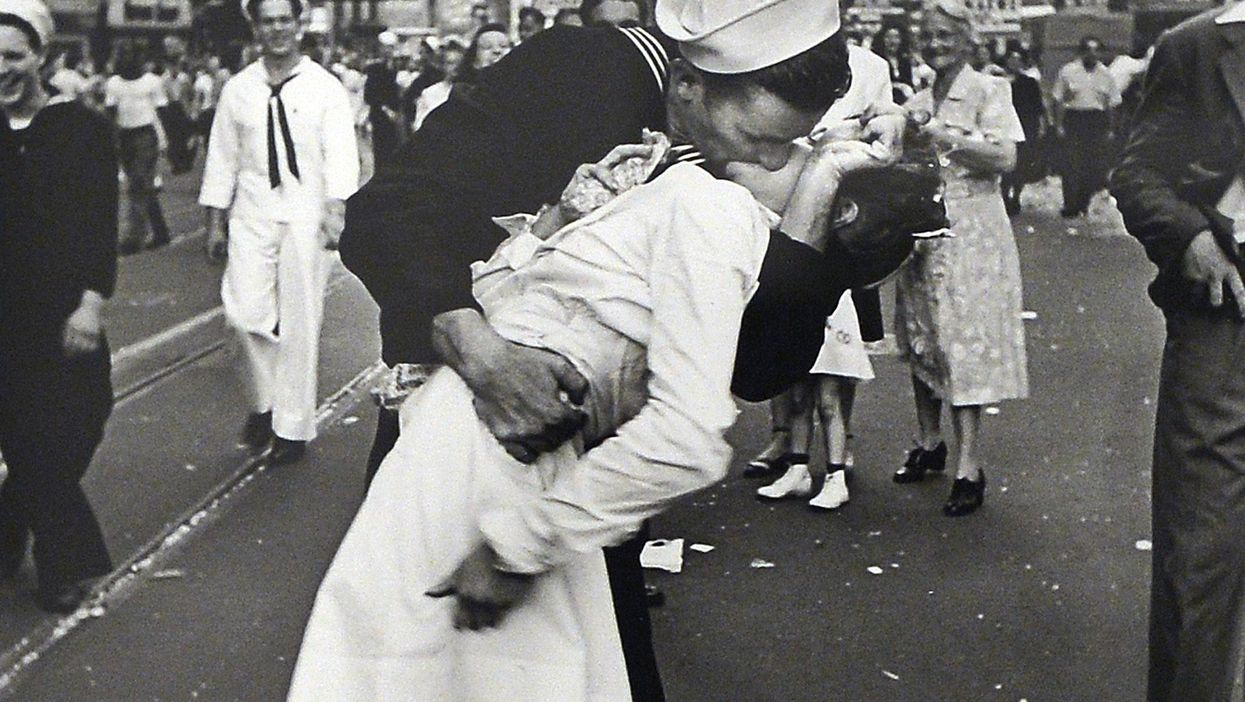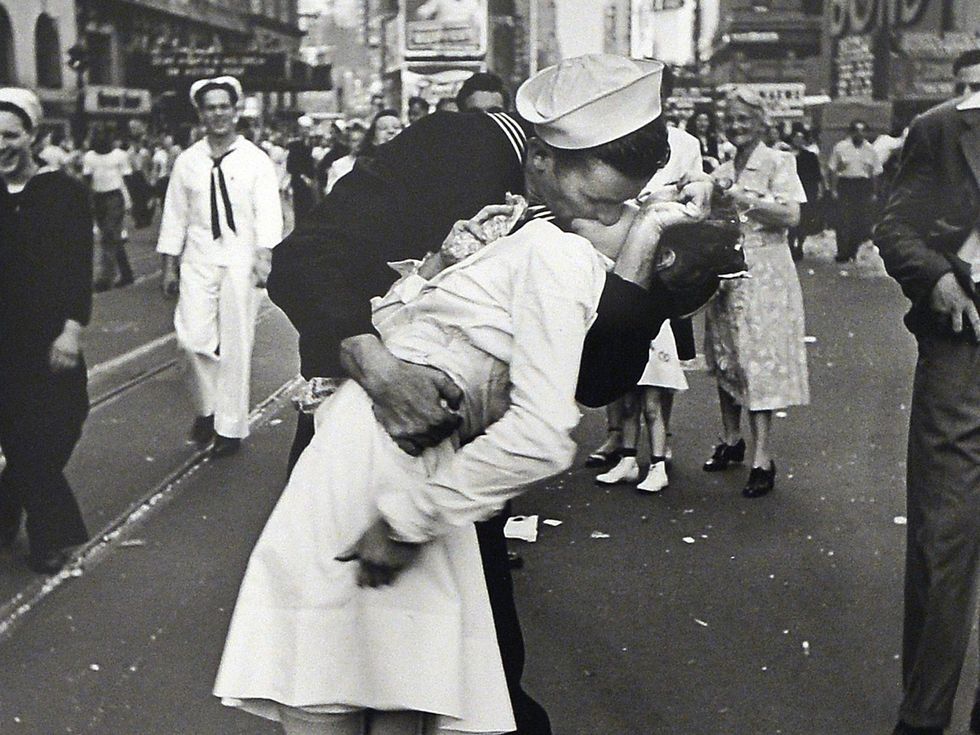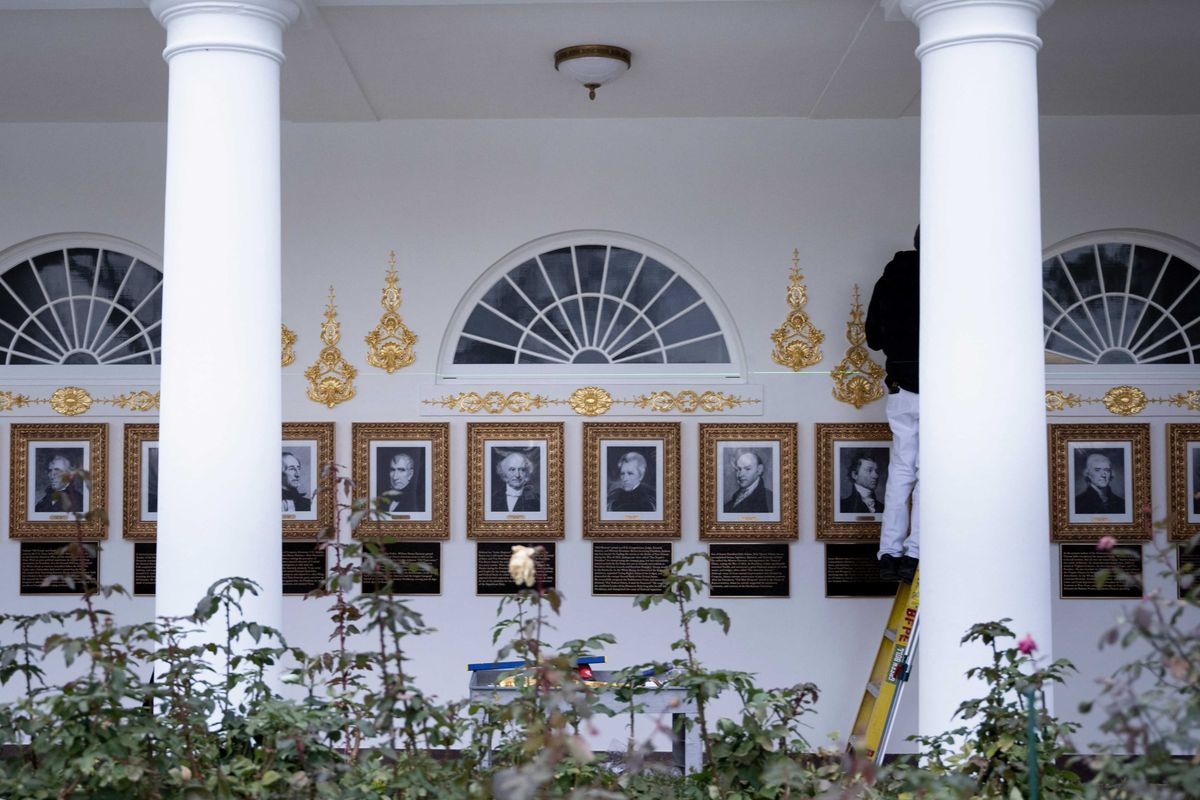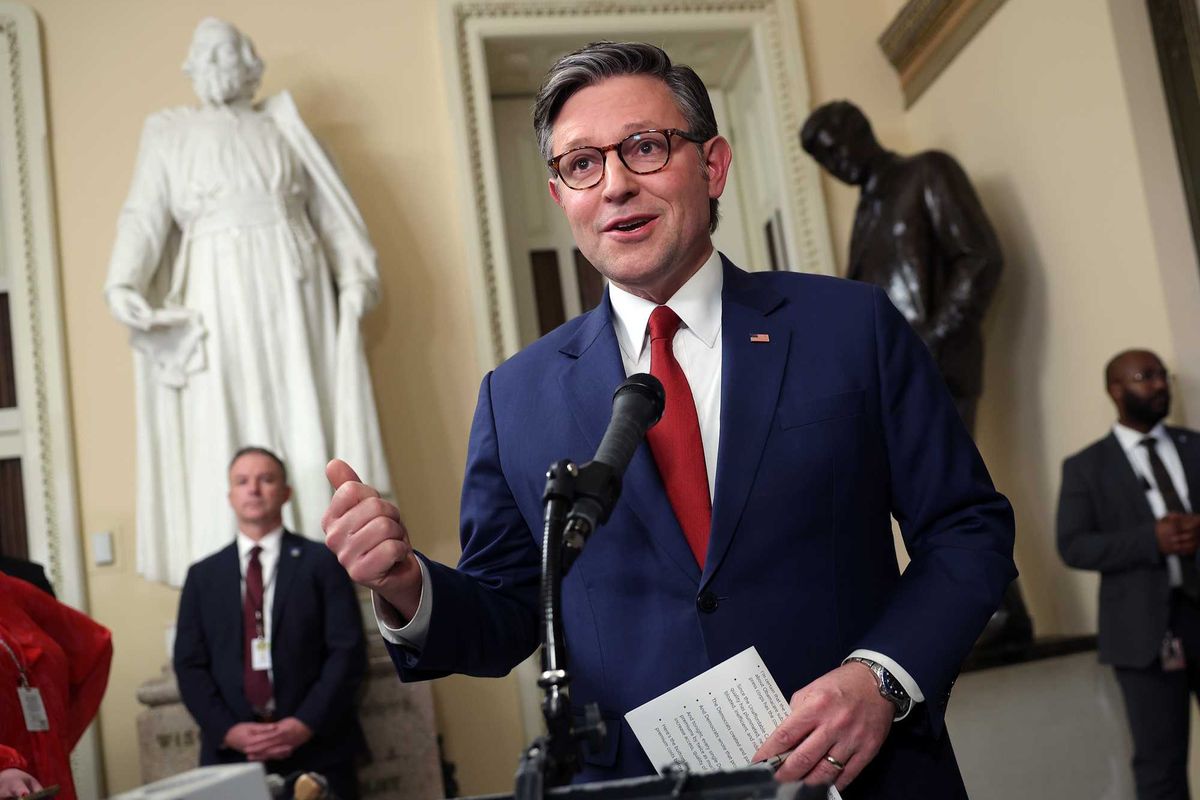News
Dina Rickman
Aug 15, 2015

Saturday marks the 70th anniversary of VJ Day, when Japan's surrender heralded the end of World War II.
It came three months after VE (Victory over Europe) day on 8 May 1945, and in the wake of two atomic bombs being dropped on the Japanese cities of Hiroshima and Nagasaki.
As we mark the end the Second World War, it is worth remembering that - contrary to what you probably imagine - we are living in one of the most peaceful times in history. As Harvard cognitive science Steven Pinker noted in a TED talk: "Violence has been in decline for long stretches of time".
The reason why that doesn't sound true? According to Pinker, the main reason is better reporting:
The Associated Press is a better chronicler of wars over the surface of the Earth than sixteenth-century monks were. There's a cognitive illusion.
Still don't believe us? These charts from Our World in Data also shows the downward trend in deaths at the end of the Second World War:
And the downward trend in European countries taking part in war:
Here is a timeline of the events from VE Day to VJ Day, 1945:
Here is a look at what happened between VE Day and VJ Day 1945:
- May 8: Victory in Europe Day (VE Day) as the announcement comes that Germany offers the unconditional surrender to the Allies This brought about the end of the war in Europe. As evening fell, people up and down Britain lit hundreds of bonfires and beacons as the celebrations following news that the Second World War was over went on into the night.
- August 6: An atomic bomb is dropped on Hiroshima by US B-29 bomber Enola Gay. The B-29 Superfortress aircraft dropped Little Boy - the world's first atomic bomb - over the Japanese city. The bomb killed 140,000 in Hiroshima.
- August 9: An atomic bomb, known as Fat Man, is dropped on Nagasaki, killing more than 74,000 people. The destruction caused by the Hiroshima and Nagasaki bombings was unprecedented and left survivors with lifelong psychological and physical scars. It was the first and only time nuclear weapons have been used.
- August 14: The Japanese finally surrender following the dropping of the atomic bombs on Hiroshima and Nagasaki.
- August 15: Victory over Japan Day (VJ Day) is celebrated.
More: How British attitudes to the Iraq War changed over 12 years
Top 100
The Conversation (0)













